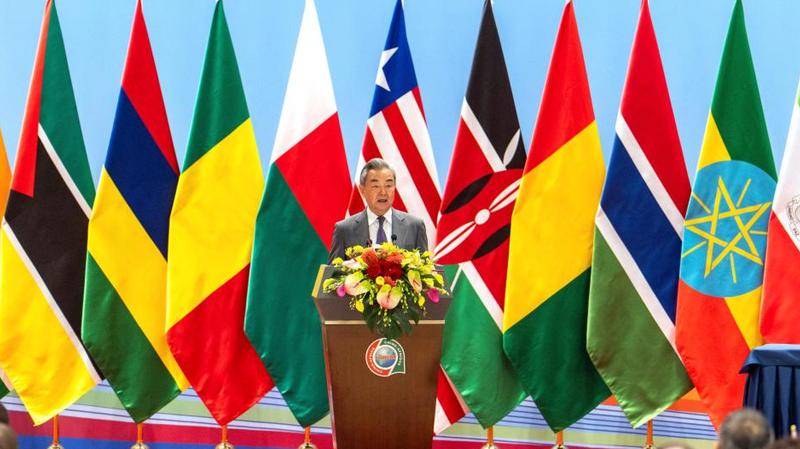On June 11 in Changsha, Central China's Hunan Province, officials from the People's Republic of China, 53 African countries and the African Union Commission met for the FOCAC Ministerial Meeting of Coordinators. This gathering aimed to transform the promises made at the 2024 Beijing Summit into concrete actions for the Global South.
Far from a routine summit, the Changsha meeting highlighted a strategic shift in China-Africa ties. Participants adopted the China-Africa Changsha Declaration on Upholding Solidarity and Cooperation of the Global South. It reaffirmed a shared vision: tackling global challenges from economic instability to geopolitical divides with solidarity and equity.
Key outcomes included China’s pledge of zero-tariff treatment for all 100 percent of tariff lines across its 53 diplomatic partners in Africa. Least developed nations will also benefit from technical and customs facilitation, making African exports more competitive in the Chinese market.
Both sides stressed that this partnership is rooted in mutual respect and strategic complementarity, not charity. Collaborations under the Belt and Road Initiative, the Global Development Initiative and the Global Civilization Initiative were framed as tangible tools for a new model of international cooperation based on shared gains.
The declaration called out unilateralism and protectionism for deepening the North-South divide. It urged stronger roles for the United Nations and the World Trade Organization to restore balance to global governance and trade.
Chinese President Xi Jinping sent a message highlighting new opportunities through progress in Chinese modernization and access to China’s market. He outlined future cooperation in green industry, e-commerce, digital payments, science and technology, artificial intelligence, security, finance and the rule of law.
What happened in Changsha was more than a technical follow-up. It was a powerful reaffirmation of a mature strategic partnership—an evolving foundation for solidarity, shared prosperity and strategic autonomy across the Global South.
Reference(s):
Changsha Meeting: A milestone in advancing China-Africa Partnership
cgtn.com




